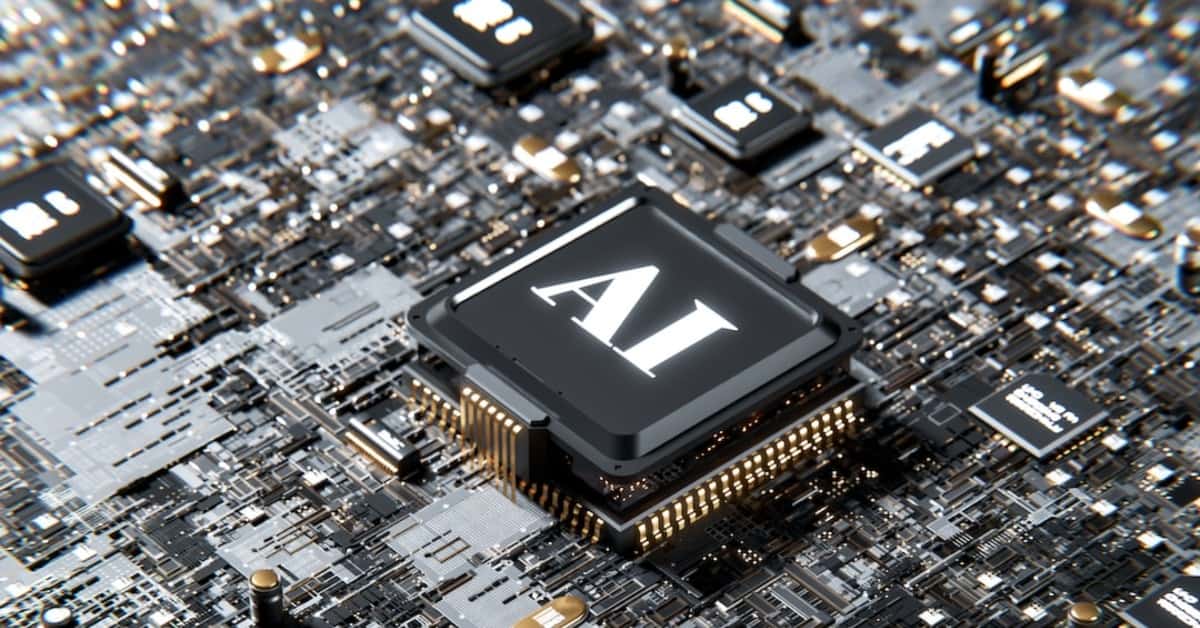In the rapidly evolving world of technology, Artificial Intelligence (AI) has emerged as a game-changer across various sectors. Its influence in the sports industry is particularly transformative, reshaping everything from athlete training to fan engagement. This article delves into the myriad ways AI is revolutionizing sports in 2024, offering a glimpse into a future where technology and athleticism intersect in unprecedented ways.
Enhancing Performance and Training
AI’s integration into sports has ushered in a new era of performance optimization. By analyzing vast datasets from training sessions and competitions, AI algorithms can uncover patterns and weaknesses previously unnoticed. These insights are invaluable for athletes and coaches, providing a scientific basis for enhancing physical and tactical training. Technologies like motion tracking and biometric analysis offer detailed analyses of athletes’ movements and physical conditions, while virtual reality creates immersive training environments that replicate real-world scenarios.
Here are some real examples of AI applications in various aspects of sports:
Improving Decision-Making and Strategy
In strategic planning and decision-making, AI has become an indispensable tool for sports teams. Coaches and analysts use AI to dissect opponents’ strategies, predict game outcomes, and formulate effective game plans. This data-driven approach extends to player scouting and game simulations, where AI algorithms offer a level of depth and accuracy that was once unattainable.
Here are some real examples of AI applications in various aspects of sports:
- Sports Analytics: Companies like STATS Perform use AI for advanced sports analytics. They provide detailed statistical analysis to teams and media, including player performance metrics, team dynamics, and predictive outcomes of games.
- Player Scouting: AI is increasingly used in player scouting, with tools like Wyscout and Scout7 offering AI-driven insights. These platforms analyze players across multiple games, providing comprehensive data on player performance, skills, and potential, aiding in talent identification and recruitment.
- Game Simulations: In game simulations, AI is utilized to create predictive models of games. For instance, EA Sports’ FIFA video game series uses AI to simulate real-life football matches, offering realistic gameplay experiences. These simulations are based on data collected from actual games and player performances, making them a valuable tool for strategy planning and understanding opponent tactics.
Enhancing Fan Experience
AI is not only transforming the game for athletes and teams but also revolutionizing how fans experience sports. AI-powered chatbots and virtual assistants provide fans with personalized information and updates, enhancing their engagement with the sport. Additionally, AI is enhancing live broadcasts by offering real-time statistics and creating interactive, immersive content that brings fans closer to the action than ever before.
Ethical Considerations and Future Implications
As with any transformative technology, AI in sports raises important ethical considerations. Issues like data privacy and fairness in competition are at the forefront of discussions. Moreover, the increasing reliance on AI could potentially impact traditional job roles in the sports industry. Looking ahead, the continuous advancement of AI promises even more groundbreaking applications in sports, making it crucial to balance innovation with ethical responsibility, here are some examples of implications:
- Real-Time Performance Enhancement: AI could provide athletes with real-time feedback during games or training, offering instant analysis and advice on improving performance.
- Injury Prediction and Prevention: Advanced AI algorithms could predict potential injuries by analyzing athletes’ movements and stress levels, helping in preventative measures and personalized training programs.
- Automated Officiating Systems: AI might be used to make real-time decisions in sports, reducing human error in officiating and ensuring fairer outcomes.
- Personalized Fan Experiences: AI could create highly personalized fan experiences, tailoring content, and interactions based on individual preferences and past behaviors.
- Enhanced Training Simulations: Virtual reality combined with AI could offer highly realistic training simulations, enabling athletes to practice in a variety of simulated environments and conditions.
Conclusion
AI’s role in sports is undeniably transformative, offering exciting prospects for enhanced performance, strategic planning, and fan engagement. As the industry continues to evolve, it’s imperative to embrace these technological advancements while being mindful of ethical implications. The future of sports, powered by AI, is not just about winning games; it’s about elevating the entire realm of athletics to new heights.


